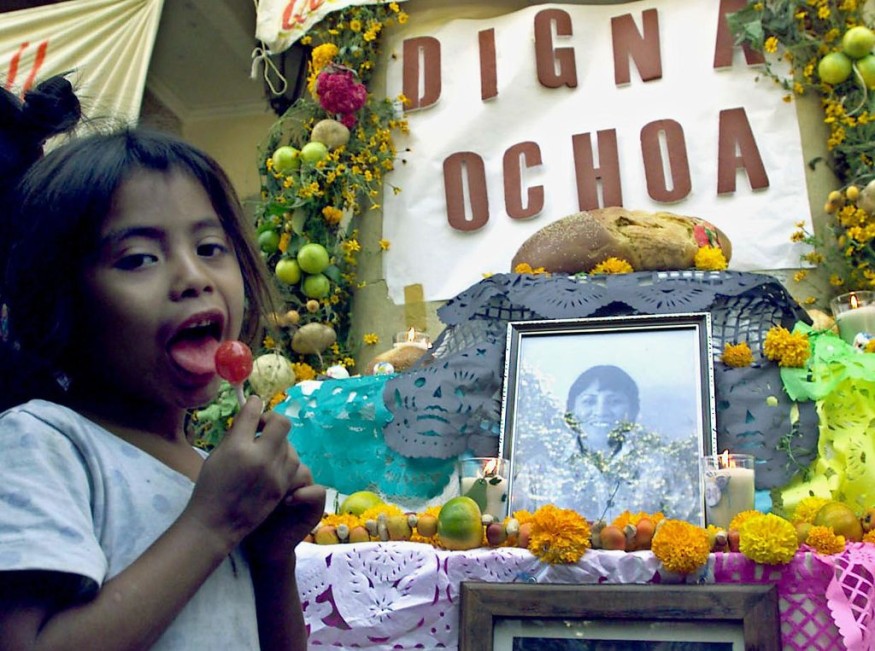Human Rights Court Says Mexico Committed Grave Mistakes in Investigation of Activist Digna Ochoa's Death

The Inter-American Court of Human Rights (IACHR) declared on Wednesday that the Mexican government made severe mistakes in its investigation into the violent death of human rights defender Digna Ochoa y Plácido two decades ago.
Ochoa, whose body was found dead in her office in Mexico City in 2001, was a lawyer who defended cases of human rights violations allegedly committed by civilian and military security forces.
The "absolutely deficient investigation" is "a violation of the obligation to guarantee the right to life," the court said in a statement.
According to the court, the state must continue to investigate and eventually prosecute individuals who may have been involved in her death and accept responsibility.
The Foreign Ministry declared during the second hearing of the trial before the IACHR that it will propose to the family to resume the inquiry after two decades to confirm that it was a homicide.
Digna Ochoa's Case Sparks Outrage and Accusation of Human Rights Violations
The case of Digna Ochoa sparked outrage and criticisms of the army's actions. It had a lot of accusations about human rights violations at the time.
"What happened today is really important because the Mexican Government has accepted errors in the inquiry, it has recognized that Digna's violent death was not investigated," said Viviana Krsticevic, the lawyer who represented the Ochoa family.
The Mexican Ministry of Foreign Affairs' delegation has also acknowledged that there have been violations of judicial guarantees and access to justice.
ALSO READ : 21 People Killed in Mexico in Just 24 Hours Amid Bloody Turf War Between Mexican Drug Cartels
It is the first time that the state has "recognized all the claims" submitted by the IACHR and has also confirmed its "unavoidable commitment in support of the defense of Human Rights," according to the Interior Ministry.
The process to reopen the investigation into the death of defender Ochoa y Plácido will include a human rights and gender perspective, as well as international standards, with the participation of the family and their legal representation.
Digna Ochoa's family will be presented a Comprehensive Reparation Agreement, which will comprise twelve courses of action, according to Article 63 of the American Convention on Human Rights.
Ochoa was 37 when she was found dead in an office in the Roma neighborhood on October 19, 2001.
The first line of investigation, the family's lawyers explain, pointed to murder. The first motive was a State crime due to the type of work she was doing," says Karla Michel Salas, defense attorney and member of the Action Group for Human Rights and Social Justice.
"However, in 2002, there was a twist," Salas said, "in which the authority changed the hypothesis to a suicide."
Salas found it "ridiculous" to conclude that she committed suicide when it looked like a fabricated scene of a homicide.
Ochoa was a defender of human rights. She was working on cases of tortured environmentalists in Guerrero before her murder.
Digna Ochoa's case is a glaring example of the Mexican legal system's shortcomings, Salas added.
READ MORE : Remains of Venezuelan Girl Who Attempted to Crossover from Mexico to the U.S. Found in Rio Grande
This article is owned by Latin Post.
Written by: Jess Smith
WATCH: It is evident that Digna Ochoa was murdered: Ruiz Healy - from Grupo Fórmula
Subscribe to Latin Post!
Sign up for our free newsletter for the Latest coverage!

















